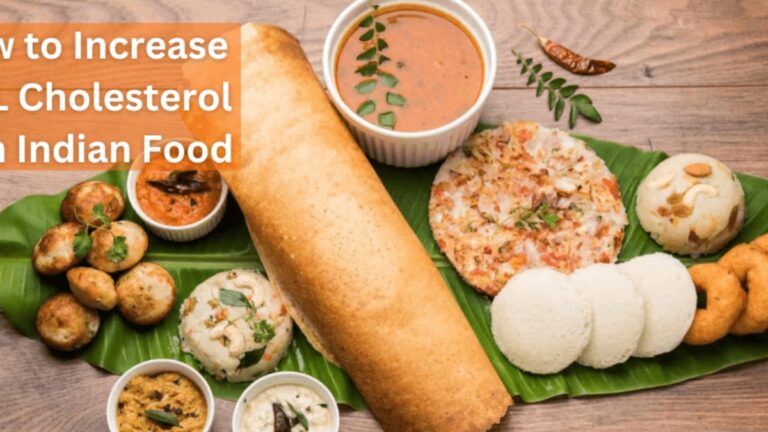Cholesterol, a waxy substance found in the blood, is essential for building healthy cells. However, high cholesterol levels can increase your risk of heart disease. In this context, it is important to understand the types of cholesterol: low-density lipoproteins (LDL) or “bad” cholesterol and high-density lipoproteins (HDL) or “good” cholesterol. LDL cholesterol contributes to the buildup of fat in the arteries, known as atherosclerosis, and is a significant risk factor for heart attack and stroke. Conversely, HDL cholesterol transports LDL cholesterol from the arteries to the liver, where it is broken down and removed from the body.
The role of diet in cholesterol management
Diet plays a vital role in maintaining cholesterol levels. By making simple dietary changes, you can lower your “bad” LDL cholesterol and increase your “good” HDL cholesterol. It's also important to consult a nutritionist or doctor before making any major adjustments to your diet.
Top 5 Indian dishes to manage high cholesterol
Indian cuisine, known for its rich flavors and variety of ingredients, also includes many foods that can help manage your cholesterol levels. The top five are:
1. Oats: Oats, a breakfast staple for many people, are rich in soluble fiber, which lowers LDL cholesterol.
2. Walnuts: Rich in omega-3 fatty acids, walnuts help reduce LDL cholesterol and increase HDL cholesterol.
3. Turmeric: Known for its anti-inflammatory properties, turmeric can also help reduce LDL cholesterol.
4. Lentils: A staple of Indian cuisine, lentils are rich in fiber and protein, which can help lower LDL cholesterol and increase HDL cholesterol.
5. Spinach: This leafy green vegetable is rich in lutein, which helps lower cholesterol levels.
Other dietary and lifestyle considerations
In addition to incorporating these cholesterol-lowering foods into your diet, regular exercise can also be beneficial in managing your cholesterol levels. Combining aerobic exercise and strength training increases HDL cholesterol levels and decreases LDL cholesterol levels.
Stress management is also an important aspect of cholesterol management. High stress levels can lead to unhealthy habits that indirectly increase cholesterol levels. Techniques such as meditation, deep breathing, and yoga can help manage stress.
Additionally, drinking tulsi tea is also an effective way to lower LDL cholesterol levels naturally. It has antioxidant and anti-inflammatory properties and helps reduce LDL cholesterol.
conclusion
By understanding the role of cholesterol in your body and making careful changes to your diet and lifestyle, you can effectively manage high cholesterol levels. Incorporating Indian foods such as oats, walnuts, turmeric, lentils, and spinach into your diet is a good starting point. However, it's always important to consult your health care provider or nutrition expert before making any major changes to your diet or exercise habits.


